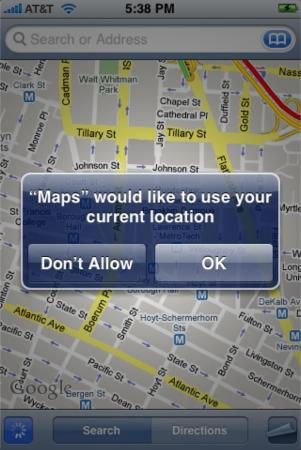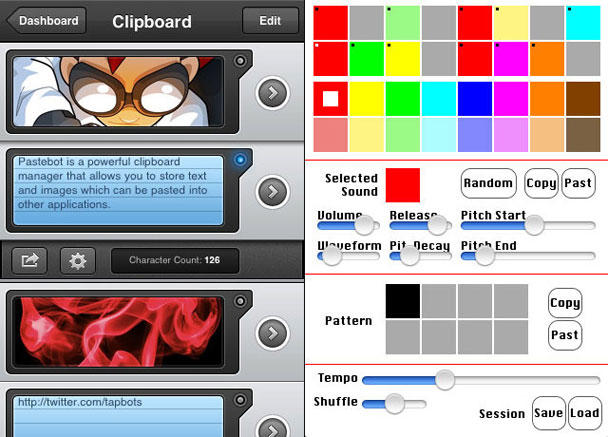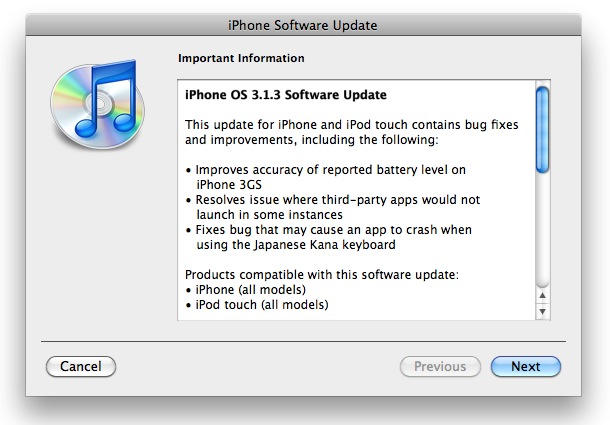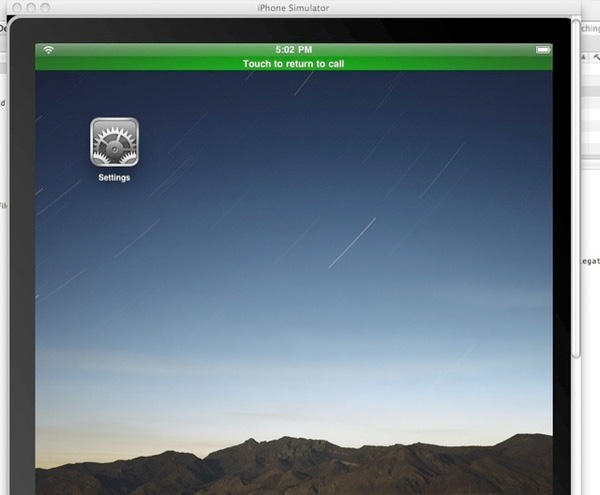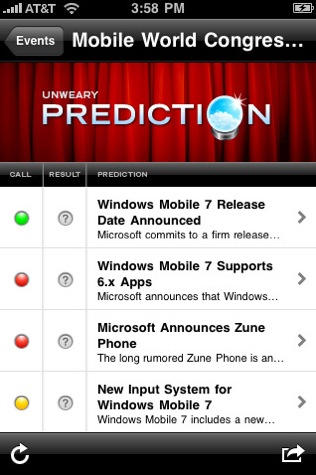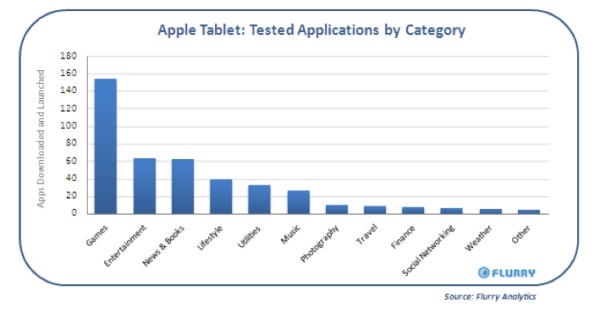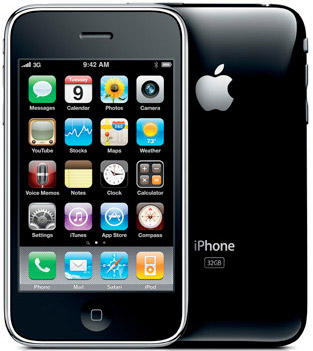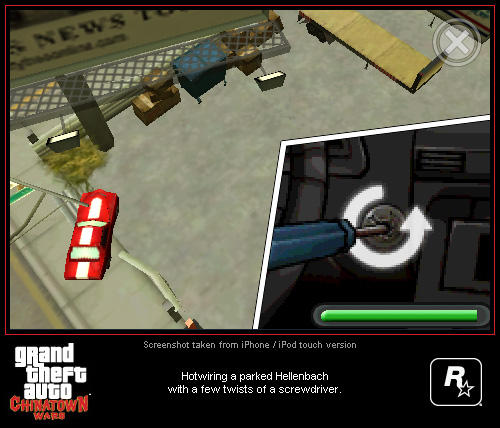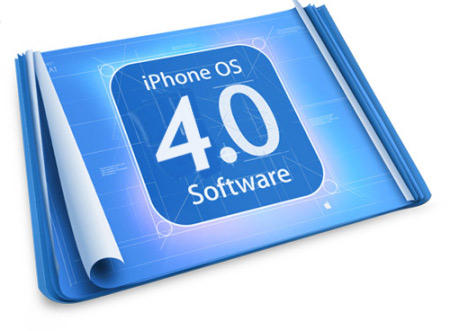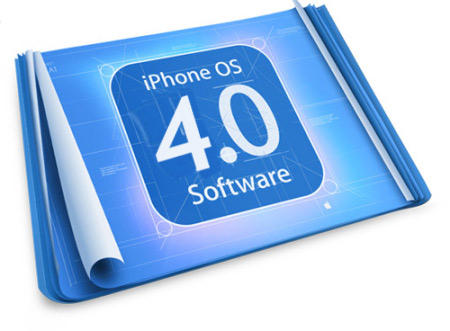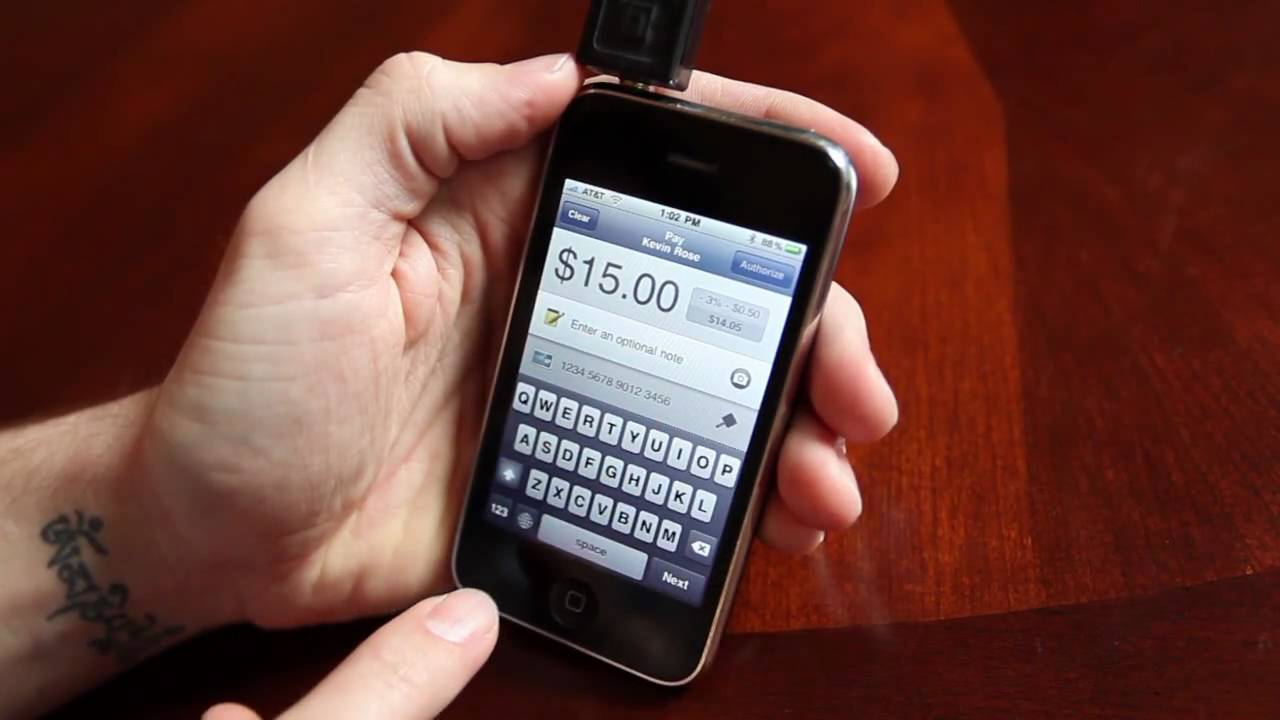Late last week, a word of warning to iPhone and iPod Touch app developers was posted on Apple’s official developer site: “If your app uses location-based information primarily to enable mobile advertisers to deliver targeted ads based on a user’s location, your app will be returned to you by the App Store Review Team for modification before it can be posted to the App Store.”
It’s a strange little note. The iPhone’s Core Location functionality is already opt-in, and it seems useful from both a developer and user’s standpoint if advertisements are tailored to a user’s individual experience… and location is a big part of that.
The wording is also worrying: what does “primarily” mean? That’s another one of those vague App Store Review Process wordings that just leads to headache down the line.
There are a few interpretations on this. When Apple tries to launch their own in-house iPhone ad network, they may want to position location-based advertisements as a major advantage of their service. On the other hand, this simply could be about limiting advertising-based apps from needlessly hogging the GPS radio and draining battery life.
If I were to guess, I’d say the latter is true. Hopefully Apple will clarify matters in due time.
[via Boy Genius Report]
